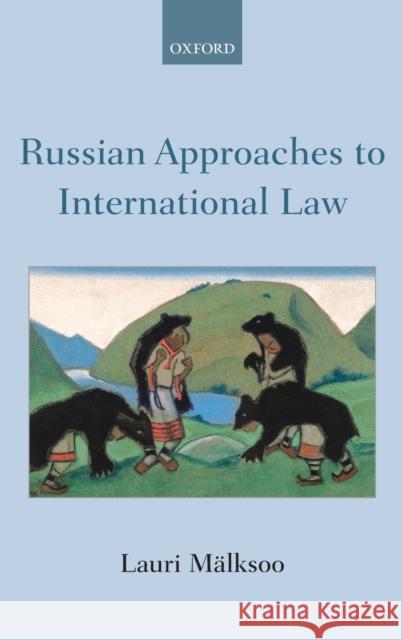Russian Approaches to International Law » książka
Russian Approaches to International Law
ISBN-13: 9780198723042 / Angielski / Twarda / 2015 / 240 str.
This book addresses a simple question: how do Russians understand international law? Is it the same understanding as in the West or is it in some ways different and if so, why?
It answers these questions by drawing on from three different yet closely interconnected perspectives: history, theory, and recent state practice. The work uses comparative international law as starting point and argues that in order to understand post-Soviet Russia's state and scholarly approaches to international law, one should take into account the history of ideas in Russia. To an extent, Russian understandings of international law differ from what is considered the mainstream in the West.
One specific feature of this book is that it goes inside the language of international law as it is spoken and discussed in post-Soviet Russia, especially the scholarly literature in the Russian language, and relates this literature to the history of international law as discipline in Russia. Recent state practice such as the annexation of Crimea in 2014, Russia's record in the UN Security Council, the jurisprudence of the European Court of Human Rights, prominent cases in investor-state arbitration, and the creation of the Eurasian Economic Union are laid out and discussed in the context of increasingly popular 'civilizational' ideas, the claim that Russia is a unique civilization and therefore not part of the West. The implications of this claim for the future of international law, its universality, and regionalism are discussed.











